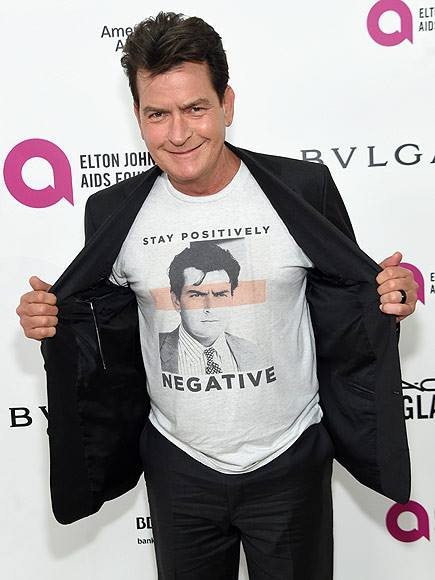Research on Charlie Sheen’s disclosure of being HIV-positive shows how star power can influence people—up to increasing awareness on public health.
When actor Charlie Sheen publicly revealed he was HIV-positive last November 17, 2015, researchers found that there was an uptick in both online searches on HIV and in sales of home-testing kits.
What’s striking is that Sheen’s public disclosure increased sales of HIV home-testing kit OraQuick almost eight times more than after long-running awareness campaign World AIDS Day, which has been held every December 1 since 1988.
San Diego State University Graduate School of Public Health research professor John W. Ayers headed the research that analyzed Google search data, which found that there were millions of searches on HIV prevention and testing after Sheen discussed his illness. Notable was that there was no call on HIV awareness at that time from either Sheen or public health leaders. The study was published in JAMA Internal Medicine.
Ayers and his team then analyzed search queries and sales of home-testing kit OraQuick within the United States. They found that there was a correlation between the online searches on HIV and testing to the number of home-testing kits purchased. OraQuick is an oral swab test and is the ”only rapid in-home HIV test kit available in the United States,” according to EurekAlert.
The findings of the follow-up study on testing were published in Prevention Science. OraQuick sales almost doubled following Sheen’s public admission and “8,225 more sales than expected” was recorded in the three weeks after.
The research could impact how public health leaders could use data such as online searches, and also how they could influence people’s mindsets and behavior towards chronic illnesses such as HIV.
Ayers said that their studies show public health leaders can use “big media data” to become “more responsive to the public it serves” instead of waiting for “traditional data” and only taking action after it.
Co-author Jon-Patrick Allem also concluded that their “findings build on earlier studies that suggest empathy is easier to motivate others when the empathy is targeted toward an individual versus a group. It is easy to imagine that a single individual, like Sheen, disclosing his HIV status may be more compelling and motivating for people than an unnamed mass of individuals or a lecture from public health leaders.” Niña V. Guno/JB
RELATED STORIES:
Charlie Sheen’s HIV diagnosis sparks record Google hunt
